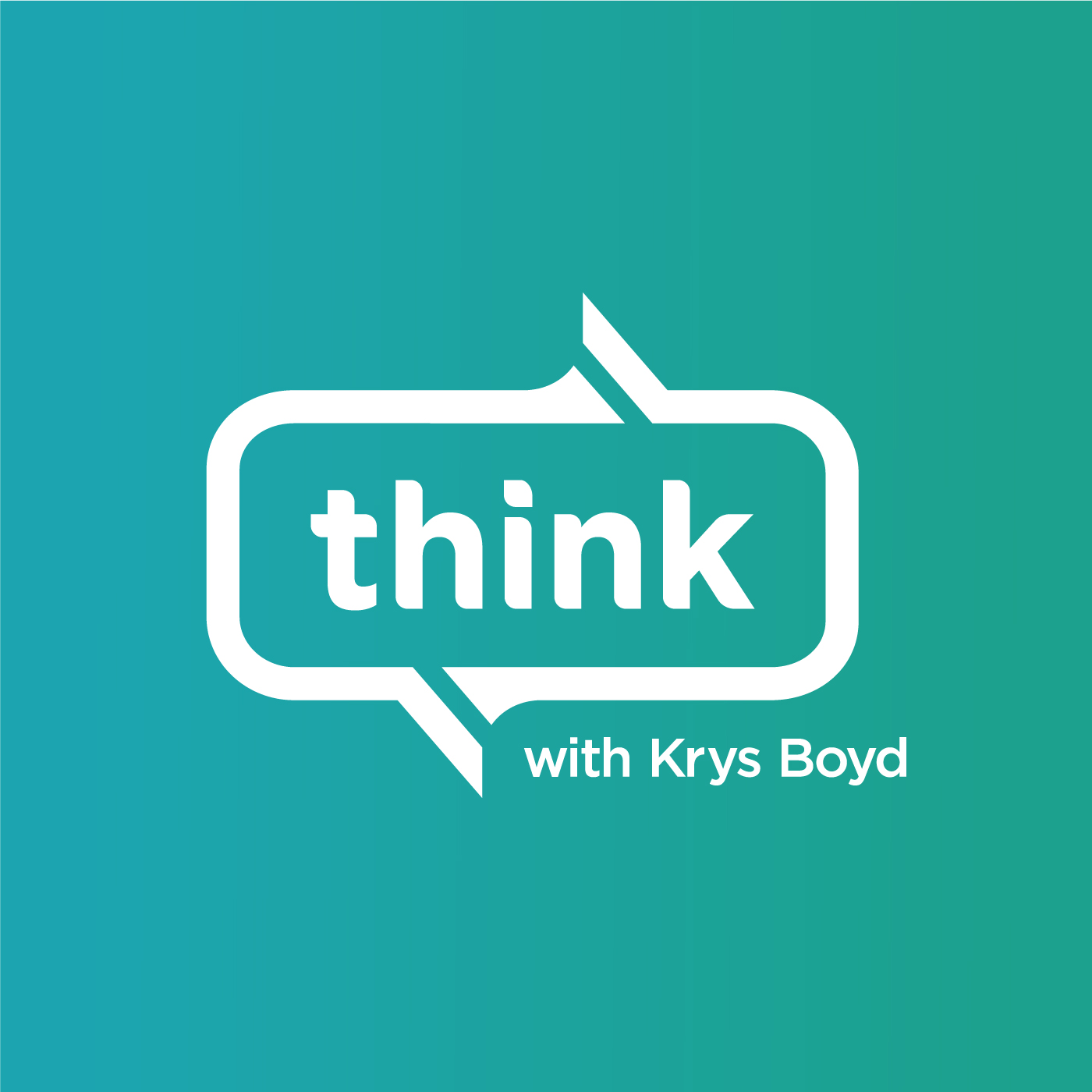

Think from KERA
KERA
Think is a daily, topic-driven interview and call-in program hosted by Krys Boyd covering a wide variety of topics ranging from history, politics, current events, science, technology and emerging trends to food and wine, travel, adventure, and entertainment.
Episodes
Mentioned books

Jan 30, 2026 • 46min
U.S. defense strategy from Washington to Trump
Michael O'Hanlon, Brookings policy analyst and author on U.S. defense history, offers a compact tour of American military strategy from the Revolution to the modern era. He traces early naval fights, 19th-century expansion, the rise of global naval power, WWII’s transformation, Cold War shifts, and contemporary dilemmas about Russia, China, and when the U.S. should act.

Jan 29, 2026 • 47min
Will Trump make television great again?
Jim Rutenberg, New York Times writer-at-large covering media and politics, discusses how the FCC applied pressure to shape television. He outlines jawboning, why local affiliates are vulnerable, efforts to revive old broadcast rules, and strategies conservatives use to influence programming. The conversation highlights merger leverage, late-night risks, and proposed changes that could reshape network TV.

Jan 28, 2026 • 47min
The U.N. Charter used to prevent war
Oona A. Hathaway, Yale law and political science scholar and president-elect of the American Society of International Law. She explores how the U.N. Charter once curbed conquest with law and institutions. She discusses how U.S. stretches of self-defense and shifting enforcement weaken norms. She warns powerful states ignoring rules could unravel the postwar order.

Jan 27, 2026 • 46min
Civilians v. ICE
Molly Hennessy-Fiske, national reporter for The Washington Post who covers immigration and the border, discusses civilian monitoring of ICE in Minneapolis and beyond. She recounts why neighbors began tailing unmarked cars, the trainings volunteers take, and the legal gray areas around recording and confrontation. Tension, anonymity of officers, and community responses are central topics.

Jan 26, 2026 • 47min
Dictionaries are not what they used to be
Stefan Fatsis, journalist and author who embedded at Merriam‑Webster to study modern lexicography. He talks about how A.I. can generate definitions, the vanished world of paper citation slips, and why economic pressures and online tools are reshaping how words get recorded. He also recounts the craft of writing concise definitions and the cultural life of dictionaries.

Jan 23, 2026 • 47min
Gen X has finally arrived
Amanda Fortini, writer and journalist known for her T Magazine essay on Gen X, reflects on the latchkey childhood that bred DIY creativity. She discusses MTV’s cultural glue, Gen X’s role in third-wave feminism and nuanced Black filmmaking, and how a last analog upbringing shaped independent tastemaking and attitudes toward aging.

Jan 22, 2026 • 46min
Who is Gavin Newsom, really?
Helen Lewis, a staff writer at The Atlantic and political journalist, delves into Gavin Newsom's potential 2028 presidential ambitions. She discusses Newsom's aggressive social media strategies and his critical stance against Trump. Lewis highlights his significant political moves, like early support for same-sex marriage and complex positions on trans issues. Furthermore, she analyzes perceptions of Newsom among rural voters, his privileged background, and the challenges California faces, including housing affordability and crime.

Jan 21, 2026 • 47min
Unpacking the Donroe Doctrine
Joshua Keating, a senior correspondent at Vox specializing in foreign policy, joins to discuss the 'Donroe Doctrine'—Trump's assertion of U.S. intervention rights in Latin America. Keating explains the historical roots in the Monroe Doctrine and contrasts Trump's strategies with previous administrations. He uncovers contradictions in U.S. actions, including military escalations and political motives behind interventions, and evaluates their long-term impacts. Finally, Keating warns of potential backfires, including damaged alliances and rising nationalism.

Jan 20, 2026 • 47min
Why do only some drinkers become drunks?
Dr. Charles Knowles, a colorectal surgeon and chief academic officer at Cleveland Clinic London, dives deep into our complex relationship with alcohol. He shares his own struggles with drinking and how societal and biological factors influence alcohol use. The discussion covers the science of addiction, how early drinking can lead to dependence, and the importance of understanding our habits. Charles emphasizes the need for sustainable change, the risks of relapse, and the significance of personal reflection in recovery.

6 snips
Jan 19, 2026 • 47min
Is football forever?
Chuck Klosterman, a cultural critic and author known for exploring pop culture's nuances, dives into the complex world of football. He reflects on how a single game can transform a fan's relationship with the sport. Klosterman discusses football's gritty realism versus basketball's improvisational style, the unforeseen impacts of television, and the cultural significance of the game in America. He also tackles the sport's inherent violence and risks, and ponders its potential decline amid social changes.


